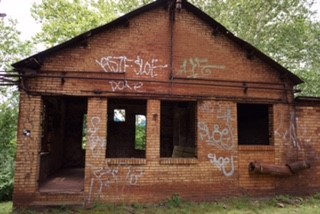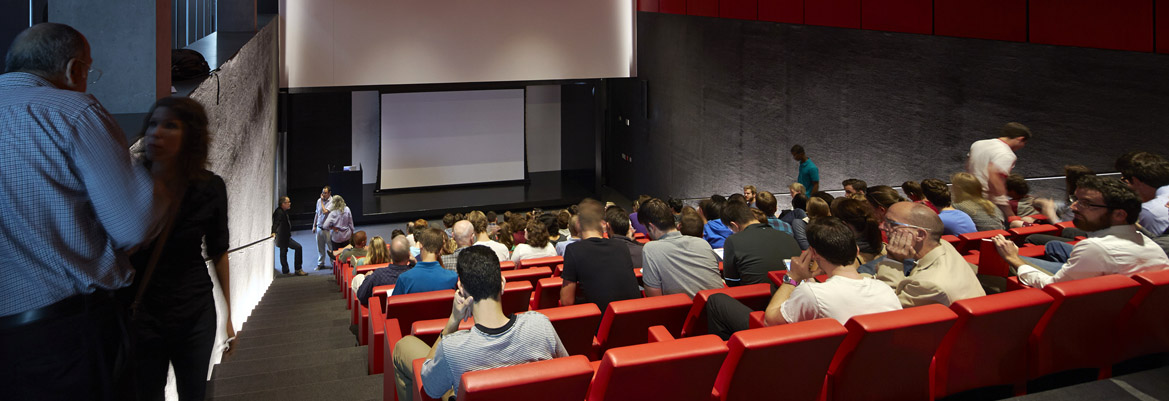
"Abandoned Hope" features an abandoned industrial site in Pittsburgh, Pennsylvania. (Photo by William Bates)
All lectures start at 4 p.m. Central Time and will be presented virtually. To register for this lecture and the entire lecture series, complete this registration form on Zoom. You will be sent a confirmation email upon registration.
You must have a Zoom account (which is free) to register for this lecture series.
William Bates, FAIA, NOMA, is a retired corporate architect with global corporate real estate and property management experience, and he currently teaches architecture at Carnegie Mellon University. He is passionate about diversity and the built and natural environments.
Bates will present a lecture at 4 p.m. Monday, Feb. 21, in Ken and Linda Sue Shollmier Hall, Room 250 of Vol Walker Hall, on the University of Arkansas campus, as part of the spring lecture series in the Fay Jones School of Architecture and Design. The lecture will also be available to watch live via Zoom.
This is the Fay Jones School Honors Program Lecture.
The Fay Jones School’s spring lecture series is presented in collaboration with Places Journal, an internationally respected online journal of architecture, landscape architecture and urbanism.
Registration for the online version of the lecture is available on Zoom.
In his lecture, “The Design Profession’s Blind Spots,” Bates will focus on the value of inclusionary design by diverse teams and its importance in healing the long-ignored issues within communities. He will highlight the societal challenges that have been created by exclusionary policies and reinforced by complicit design. As a result, the voices of disenfranchised communities have been ignored, exacerbating their needs.
The challenge for tomorrow’s designer is to heal these forgotten areas of the built environment. The design professions have always assumed an obligation to do no harm under the triad of health, safety and welfare. However, there’s a compelling argument to be made that it is not enough and that designers should also aim for the greater good of society.
Bates received a Bachelor of Architecture from the University of Notre Dame and pursued graduate studies in construction management at Pennsylvania State University and Harvard University. In 2019, he was awarded an Honorary Doctorate from Boston Architectural College.
His volunteer leadership history includes roles as former board chair of the Pittsburgh History and Landmarks Foundation’s for-profit Landmarks Development Board; a founding member of the Allegheny County Parks Foundation; and former vice president of the Allegheny Land Trust. He has served as board chair of Pittsburgh’s USGBC’s Green Building Alliance and as founding president of the NOMA Pittsburgh chapter.
Bates has been an active member of the American Institute of Architects for the past 39 years and served as president of the national organization. Recently, he became a trustee of the National Trust for Historic Preservation and the Pennsylvania State Architects Licensure Board.
Bates has also served as a partner in an architectural practice, a corporate design manager, a bank vice president, a high-tech startup executive and a restaurant chain executive.
The school is pursuing continuing education credits for this lecture through the American Institute of Architects.
This lecture is open to the public. Admission is free, with limited seating. To register for the entire online lecture series, complete this form on Zoom.
For more information, contact 479-575-4704.



